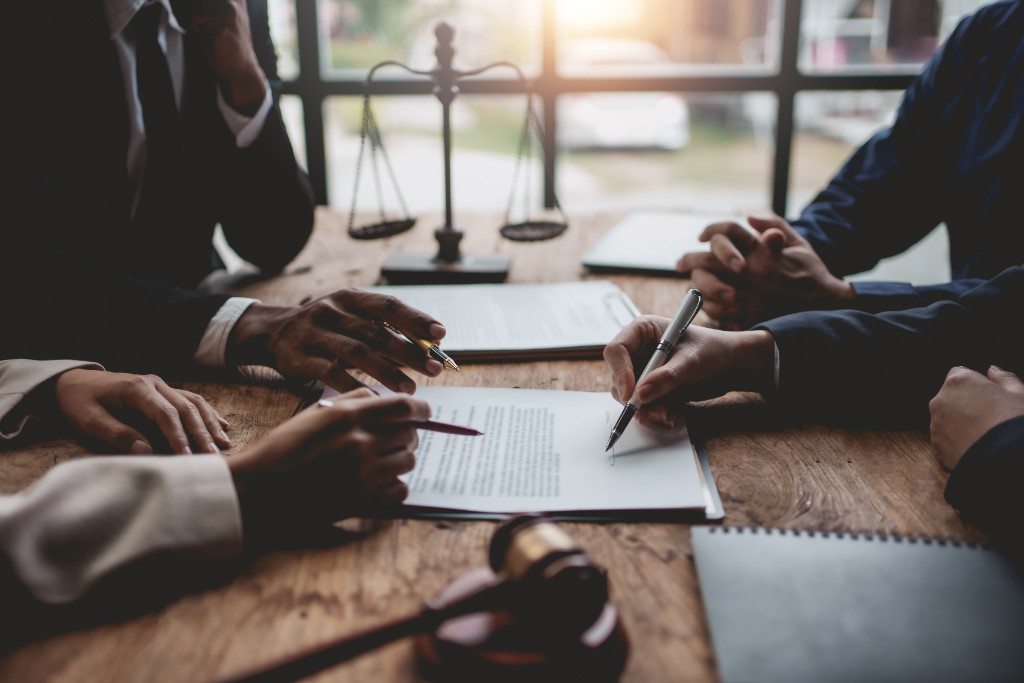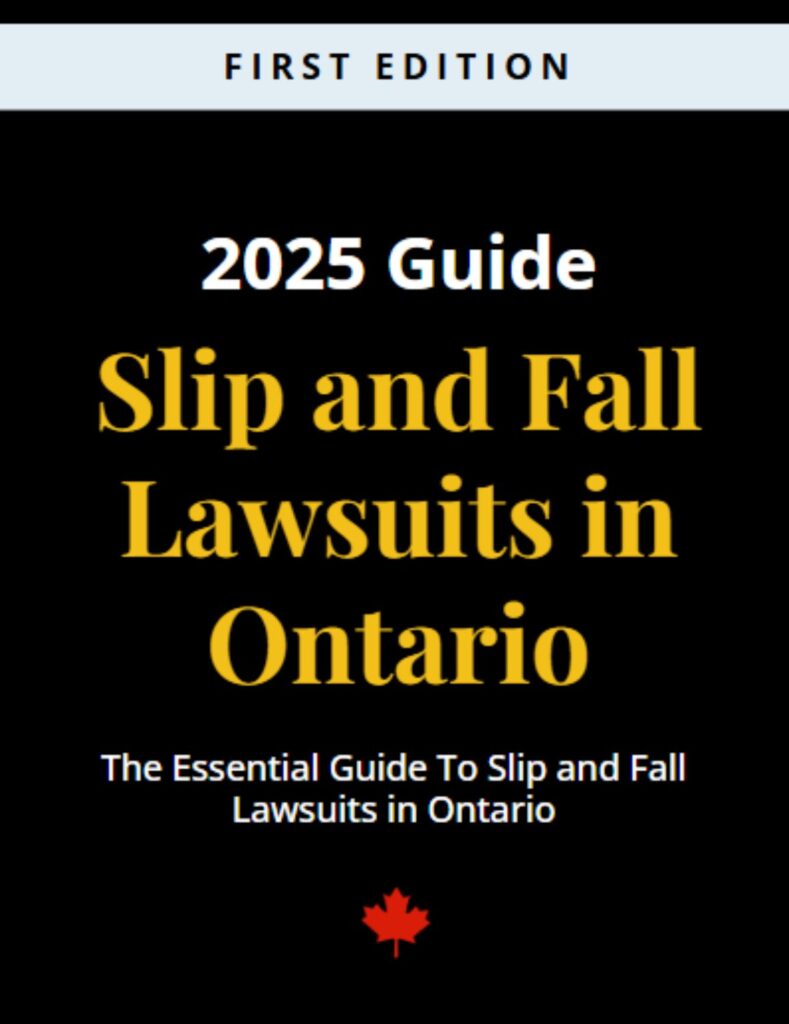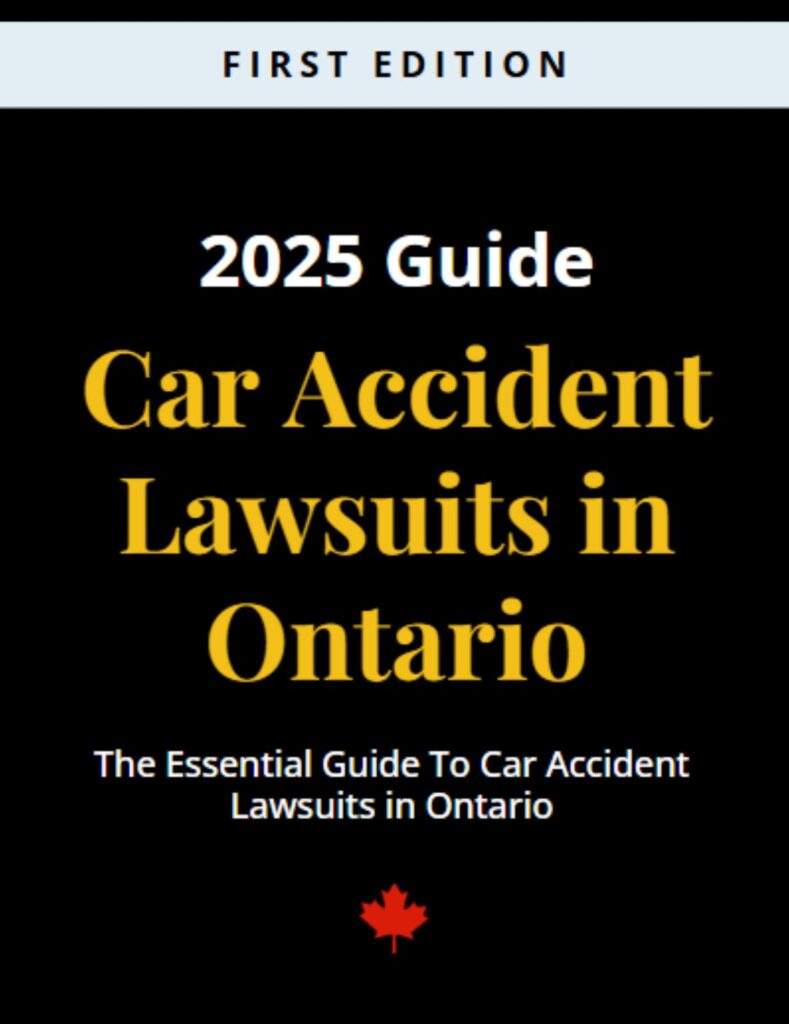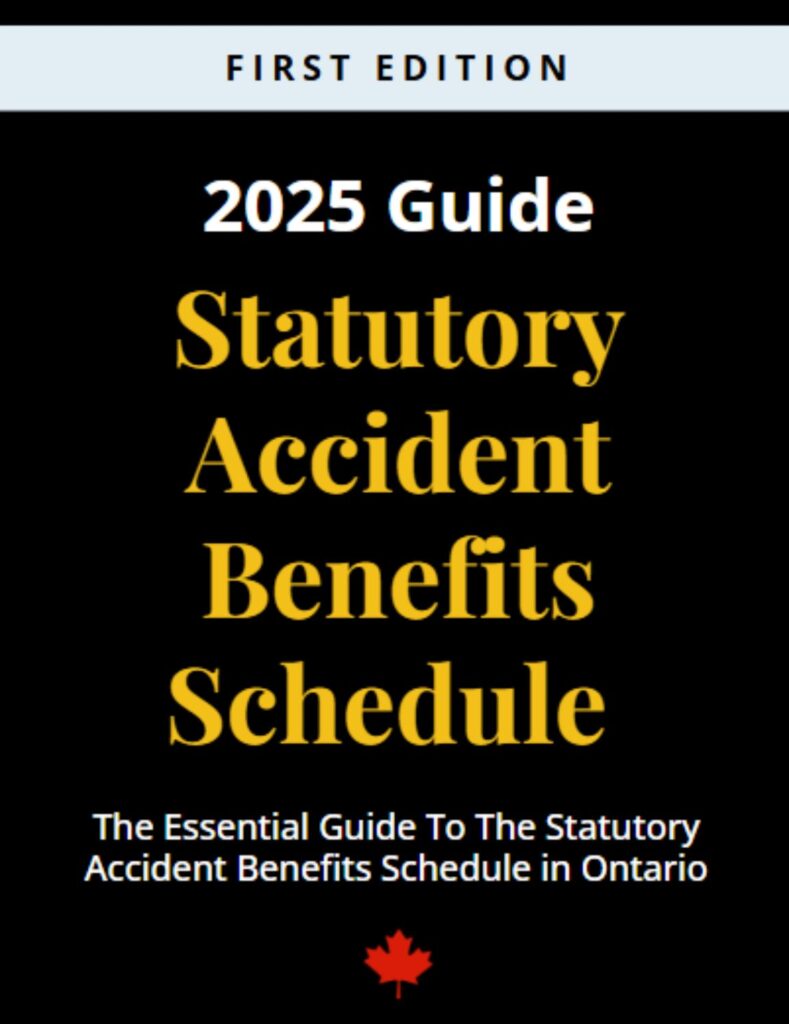Windsor Damage to Vital Organs Lawyer
Find out if you have a case today.
Contact our Windsor personal injury lawyers for a free consultation if you have legal questions regarding your personal injury claim.
Table of Contents
Accidents caused by the negligence of other parties or entities can have disastrous consequences. If you sustained damage to a vital organ in an accident caused by someone else’s wrongful conduct, contact our Windsor personal injury lawyers by calling 1-800-JUSTICE and receive a free initial consultation on your case.
The Five Vital Organs In The Human Body
We have five vital organs; without these essential organs, we cannot survive. These include the following:
- Brain—The brain is made of more than 100 billion neurons and is the center of the nervous system, controlling and communicating with the rest of the body via the spinal cord. The brain can sustain serious trauma and be mostly fine, though many people who suffer traumatic brain injuries do not fully recover.
- Heart—The heart pumps oxygenated blood throughout the body’s blood vessels. Like a muscle, the heart is the only muscular organ. Major heart damage is irreparable in many cases. As such, structural damage to the heart during a traffic collision, for instance, is often fatal. In other cases, the victim may benefit from heart surgery. Heart transplants are exceedingly rare. There are only 3,700 to 3,800 annual heart transplants performed worldwide.
- Kidneys—The kidneys and the lungs are the only vital organs of which there are double. As such, irreparable damage to a kidney is not a death sentence as the damaged organ can be surgically removed. The kidneys filter blood and remove waste as the blood is transported through them. As the waste builds up, the kidneys capture it as urine, which is held in the kidneys before draining into the bladder. The kidneys also regulate electrolyte and fluid balance.
- Liver—The liver is a large organ that sits in the lower chest and upper abdomen. Its role in the body is to detoxify metabolites and synthesize proteins such as those necessary for blood clotting digestion. Liver trauma is usually treated by simply removing part of the liver. Up to three-quarters of the liver can be removed safely, as the liver is one of the only body parts that can regenerate itself.
- Lungs—The lungs take in air from the environment and are responsible for oxygenating our blood; every cell in the body requires oxygen to function. Like the kidneys, there are two lungs, so irreparable damage to one lung does not mean death, as would otherwise result in any singular organ. Common lung injuries include punctured lung, bruised lung, and smoke inhalation.
LET US PUT OUR EXPERTISE TO WORK FOR YOU
Tell Us What Happened
Since 1959, we’ve helped thousands of Canadians get the compensation they deserve with their personal injury claims. One of Canada’s oldest personal injury law firms, personal injury law is exclusively what we do. Book a free consultation today with our top-rated personal injury lawyers.
Our team is available 24/7 to speak with you.

The Sixth Vital Organ Is The Skin
Technically, the skin—which is the largest organ— is also a vital organ. The skin has three layers:
- Epidermis—The outer layer that creates a waterproof barrier;
- Dermis—The second layer, which is made of tough connective tissue, sweat glands, and hair follicles; and
- Hypodermis—The deepest layer is made of subcutaneous fat and connective tissue.
Car crashes and other burn injuries can cause serious damage to all three layers of the skin, and in very serious cases cause burning of the underlying muscle, tendon, and bone. Burn victims with total body surface area burns of 40% or more are at serious risk of loss of quality of life due to immobility, disfigurement, and other complications. In fact, with a total body burn area of 40% or more, death is common. One study found that 69% of burn victims who had burns to at least 70% of their total body surface area died. Infection is a serious risk of death for burn victims with large body percentages of their skin lost to second and third-degree burns. Amputation may be necessary to remove infected body parts, and multiple skin grafts are needed for those with severe burn injuries. However, infection, amputation, and disfigurement are not the only complications surrounding serious burn victims. Other complications include, but are not limited to, the following:
- Cardiac arrest
- Dysrhythmia
- Pulmonary embolism
- Acute Respiratory Distress Syndrome, Chronic Obstructive Pulmonary Disease
- Seizures
- Brain injuries
- Deep venous thrombosis
- Gastrointestinal bleeding
- Acute renal failure requiring dialysis or haemofiltration
Non-vital Organ Damage
Just because an organ is not absolutely vital for survival does not mean that it is unnecessary. Dozens of non-vital organs are responsible for normal body functions and quality of life. These include the following organs:
- Spleen—Filters blood
- Stomach—Begins breaking down food for digestion
- Reproductive organs—Essential for reproducing, among other functions
- Small intestine—Takes the most important nutrients out of food and transports them into the bloodstream
- Colon or large intestine—Removes water mostly digested foods and breaks down, via bacteria, the remaining material before moving the waste to the rectum
- Gallbladder—Stores the digestive enzyme, bile, which is produced by the liver
- Appendix—Protects good bacteria in the gut
Without these necessary but non-vital organs, an individual’s quality of life is reduced to some degree. Living without an appendix may not be a serious loss of life quality, but losing a portion of the intestine or the spleen can have serious consequences for the victim’s health, mobility, and well-being.
Pursuing Compensation
If your organs have been damaged in an accident caused by another’s negligence, you may be able to collect the following damages:
- Out-of-pocket medical expenses
- Future medical expenses including rehabilitation, home care, and medical equipment or devices
- Lost wages and earning ability
- Pain and suffering
- More
Contact Preszler Injury Lawyers
The negligence of others can have life-changing consequences for injured accident victims. To learn how our Windsor personal injury lawyers may be able to help you recover compensation for damages you have incurred because of their wrongful conduct, call 1-800-JUSTICE and receive a free initial consultation.
Do you live in Windsor? Here’s how we can help:
Proudly Canadian
Award Winning Personal Injury Law Firm
We are proud to be one of Canada’s oldest and long-standing personal injury law firms. Since 1959, we have been providing exceptional legal services and have established ourselves as leading personal injury lawyers in the Canadian legal community. It’s not just the awards that recognize our achievements, but also the wins we’ve achieved for thousands of Canadians with their personal injury claims.



More personal injury Topics
Here’s more information on personal injury related topics that we think you might find helpful.

personal injury
|
January 23, 2024
Injured as a Worker in Ontario? A WSIB Claim Isn’t Necessarily Your Best— Or Only— Option
In Ontario, the compensation of workers who sustain injuries or illnesses in the course of their employment is governed by the Workplace Safety and Insurance…

personal injury
|
December 7, 2023
Does a Child Have the Right to Sue for Personal Injury?
As much as parents and guardians do everything they can to keep children safe and protected from dangerous situations, there are occasions when a child…

personal injury
|
October 10, 2023
Gain Peace of Mind Through a Structured Settlement
The phrase “structure binds anxiety” is often used by psychologists to help people suffering from anxious feelings and intrusive thoughts. This maxim’s aim is to…
More personal injury Video Resources
We also have some videos on the topic of personal injury claims
personal injury FAQs
Here are some commonly asked questions for personal injury claims
What does a lawsuit look like?
Every personal injury lawsuit is generally comprised of five main parts. The length of time each part takes can vary depending on the complexity of your case. Your lawyer will help you through each stage by providing tailored advice and strong legal representation.
You can expect:
- Statement of Claim: This is a formal document that initiates the personal injury claim against the at-fault party (or individual you are suing).
- Examination for Discovery: This is a meeting where you and your lawyer will ask the opposing party questions about the claim, the accident, fault, and anything else that is deemed relevant. The opposing party will also have the opportunity to ask you questions.
- Gathering of Evidence: Your legal team will gather a variety of evidence on your behalf to strengthen your claim. This might include medical records, police reports, images from the accident scene, witness testimony, expert opinions, and more.
- Mediation: If you would like to attempt to settle without going to trial, you will likely undertake mediation. Mediation involves you and the opposing party negotiating the terms of your settlement with the assistance of a neutral third party.
- Trial: If you are unable to reach a settlement during mediation, your claim will proceed to trial. During trial, your lawyer will present your case and the evidence they have gathered before a judge (and sometimes a jury). Once complete, the judge will decide the final amount of compensation you’re entitled to.
It’s important to note that a majority of personal injury claims are settled through mediation, out of court. Our Toronto personal injury lawyers help guide clients through each of these stages, so they don’t have to navigate the legal complexities alone.
How much will I have to pay for lawyers’ fees?
Our personal injury lawyers work on a contingency-fee basis, meaning we only get paid if you win your case. A percentage of the settlement you receive will go towards lawyers’ fees. There are no upfront, out-of-pocket payments required.
What type of compensation can I expect to get?
When you’re injured in an accident due to someone else’s negligence, there are many different types of compensation you may be eligible to receive. The amount and kind will depend on the severity of your injury and the specifics of your case.
Common damages you might claim include:
- Pain and suffering
- Out-of-pocket expenses
- Loss of income
- Housekeeping losses
- Medical costs
- Legal costs
- And more
Our experienced Toronto personal injury attorneys will help maximize what you can recover by exploring your case and eligibility in depth. We aim to ensure that the compensation you receive reflects not only your current suffering, but the lifelong effects that your accident may have in the future.
When can I sue for non-pecuniary general damages (e.g. pain and suffering, loss of enjoyment of life, etc.)?
In Ontario, you can sue for non-pecuniary damages if you have suffered a permanent and serious impairment of an important physical, mental, or psychological function, or permanent, serious disfigurement. This is known as the “threshold.” If you meet this threshold, you can sue for general damages such as pain and suffering, loss of enjoyment of life, and other similar losses.
How long will it take to settle my case?
The length of time it takes to settle a case depends on several factors, including the complexity of the case, the extent of your injuries, and whether the other parties involved are willing to settle. Some cases can be settled in a few months, while others can take years.
How long will the process take?
The length of time a personal injury claim can take varies widely according to the specifics of your case. While some cases settle in a matter of months, some can take anywhere from two to four years.
Some factors that affect the duration of personal injury claims include:
- Complexity of your injuries
- Each party’s willingness to settle
- Whether a claim goes to court
- Insurance company cooperation
- Availability of evidence
- And more
When liability is clear or injuries/damages are more clearly documented, cases may move faster. A personal injury lawyer will make sure the process keeps moving, although sometimes delays (like court backlogs) are unavoidable. Seeking personal injury legal advice early may help you streamline your timeline.
How long do I have to sue?
In Ontario, generally speaking you have two years from the date of your injury-causing accident to file a claim. However, based on the circumstances of your individual case, this timeline could be subject to additional limitations.
Do I have a strong case?
After taking advantage of a free initial consultation with our personal injury lawyers, the strength of your case can be evaluated based on the evidence available and the specific circumstances of your accident. Our personal injury lawyers offer case-specific legal feedback to help you understand the strengths and weaknesses of your case and advise you on legal options that might be available.
Got more questions?
If you have more questions or need legal help regarding personal injury claims, contact our legal team for help.
We’re happy to help.
INJURED IN AN ACCIDENT IN Windsor?
Book a FREE Consultation
With Our Legal Team Today
Our phone lines are available 24/7
During your free consultation you will find out if you have a case worth pursuing as well as answers to any legal questions you may have.



